Knysna Fine Art was established in 1998: at 25, it’s expanded its exhibition space to 900 square metres
Owéna Schutte: the woman they call Nobantu
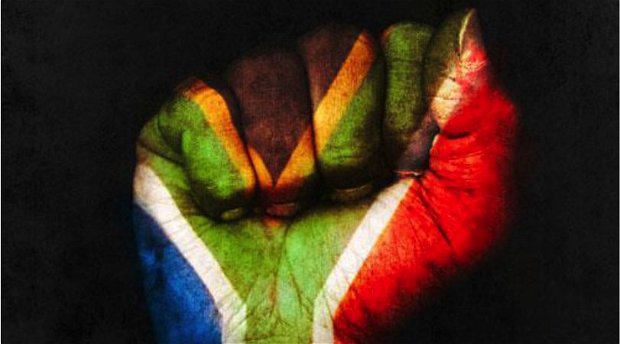
Read the prolog from Anelia Schutte's book, 'For the People'
1984
They call her Nobantu, but that wasn’t always her name.
While it is true that she was given that name in a church, it was far from a traditional christening. The church in question was little more than a shack; no spire, no bell, no stained-glass windows. Just a simple room with walls of corrugated iron. On the outside, those walls were painted red, the earthy terracotta of Klein Karoo dust. And so it was known as the Rooi Kerk – the Red Church – in the township called Flenterlokasie: location in tatters.
There were twenty-two women in the church that day. Twenty-two black faces under colourful headscarves, twenty-two bosoms squeezed into their smartest dresses (mostly hand-me-downs from their white employers). Strapped onto some of their backs were babies whose innocent faces peered out from under tightly knotted shawls, unaware of the hardship they’d been born into.
There were men, too, four of them, dressed respectfully in worn but neat suits.
They were the township committees, those men and women. Representing the townships to the west of Knysna was the Thembalethu committee, Thembalethu meaning ‘our trust’. And from the other side of town came the committee called Vulindlela, meaning ‘open the road’.
And that was how they arranged themselves in the Red Church that day: Thembalethu on the one side, Vulindlela on the other, twenty-two women and four men sitting on plastic chairs in their place of worship.
But they were not there to worship their God, not that day. They were there to honour a white woman.
For two years, that woman had been coming to their homes and changing their lives. She was the one who helped to start a crèche when she realised their children hadn’t held a pencil by the time they went to school. She was the one who took those children to the beach for the first time in their lives. She was the one who taught the local women to sew, when their only skill until then had been cleaning white people’s houses. She was the one who fought for their right to have more than one water tap serving an entire community.
For all of that they were honouring her that day, in a way reserved only for those who earned the respect and the love of the people. They were to give her a Xhosa name: a name they could use to greet her, to welcome her, and to call to her when they needed her.
The two committees had each chosen a name, which they wrote on a scrap of paper and placed on a table at the front of the church.
On the left, ‘Nobantu’: for the people. On the right, ‘Noluthandu’: the one with the love.
And then they began to sing.
They sang songs of joy and songs of hope, and as they sang the twenty-two women and four men formed a line and danced, single file, shuffling towards the tables.
And they reached into their pockets and into their bosoms, and on the name they felt most worthy of the woman, they placed their crumpled notes and sweaty coins – one rand, two rand, five rand, even ten. However much they had to give, they gave.
And they danced and they sang until all twenty-two women and four men had voted with their hearts and their pockets.
The money was counted, counted again. A decision was reached.
The woman was to be known as Nobantu. ‘For the people.’
They gave her the crumpled notes and the sweaty coins, one hundred and three rand in total – more than two months’ income for most of them. And, despite her protests, they insisted that the money, like the name, was hers.
In the four years that followed, the woman continued to fight for the rights of the people through times of unrest and protest, discontent and violence. During the national state of emergency in 1986, she drove through police barricades and past armoured Casspirs, around burning tyres and past angry youths who were ready to launch bottles and stones at the first white driver they saw. But when she approached, they lowered their bottles and dropped their stones to wave her through. She was Nobantu. She was there for the people.
But it was becoming increasingly dangerous.
The youths were being influenced by their more radical peers from surrounding areas, and eventually the hands holding those bottles and stones were no longer familiar.
There were issues closer to home, too. The security police branded the woman an instigator. Why else would she sympathise with those people? And so she was blacklisted, her family’s phone tapped in an attempt by the security police to find the evidence they needed to implicate her in the growing unrest.
Fearing for the safety of her family – not her own – the woman left the people in 1988.
But the people remember.
And even today when the woman walks down the street, she still hears the cry, ‘Nobantu!’ from grown men and women; black men and women who were once children she’d taken to the beach when they’d never seen the sea.
They call her Nobantu.
I call her Mother.
Click here for more info about Anelia Schutte's book, 'For the People'
- Amazon author page: Anelia Schutte
Further Reading
The story of the establishment of Knysna's Leisure Island Boat Club as told by Craig Clarke
Knysna’s William Smith - teacher, television personality - is now a Grand Counsellor of South Africa’s Order of the Baobab. Here we trace his evolution - from helping one, single student, to teaching 100 million students a day.

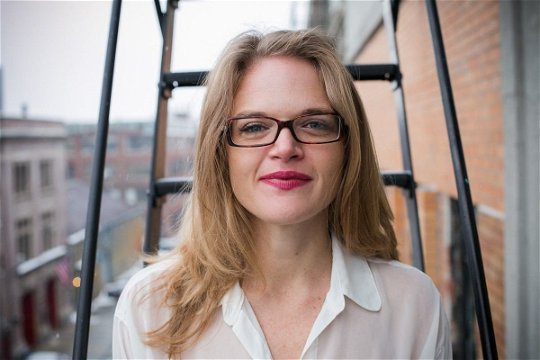
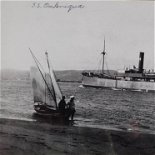
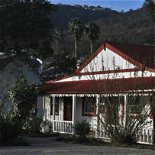
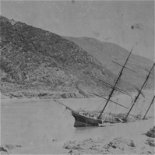
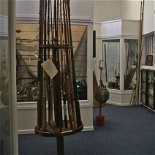
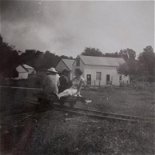
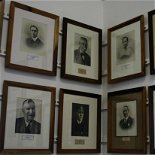
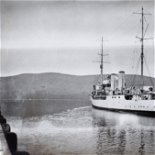
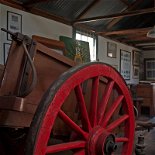
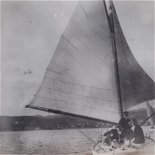
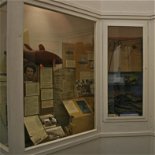
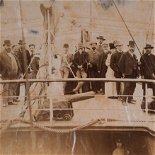
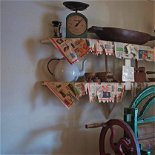
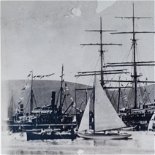
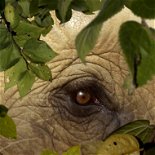
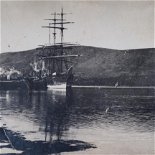
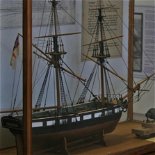
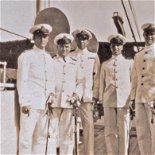
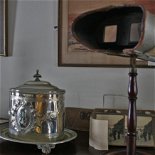
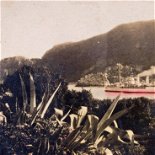
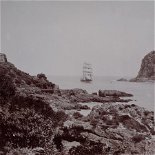
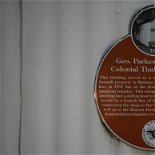
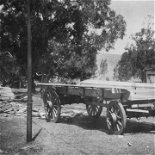

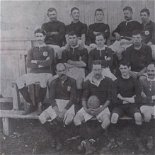
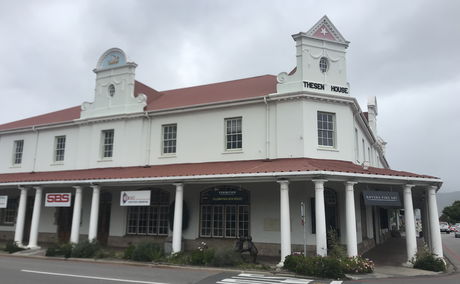
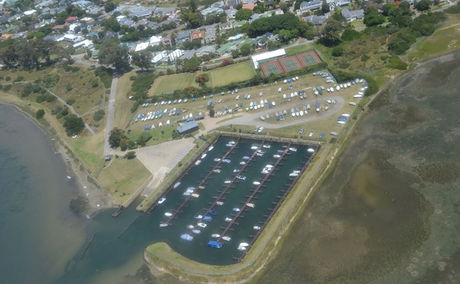
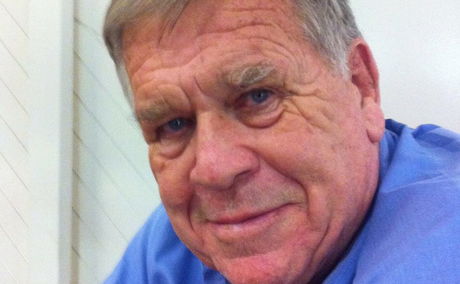
Share This Post